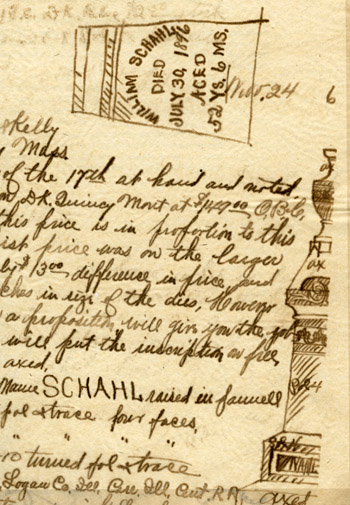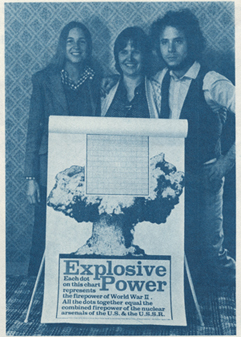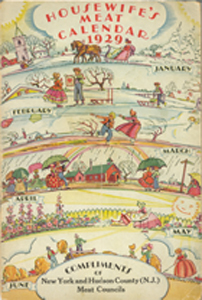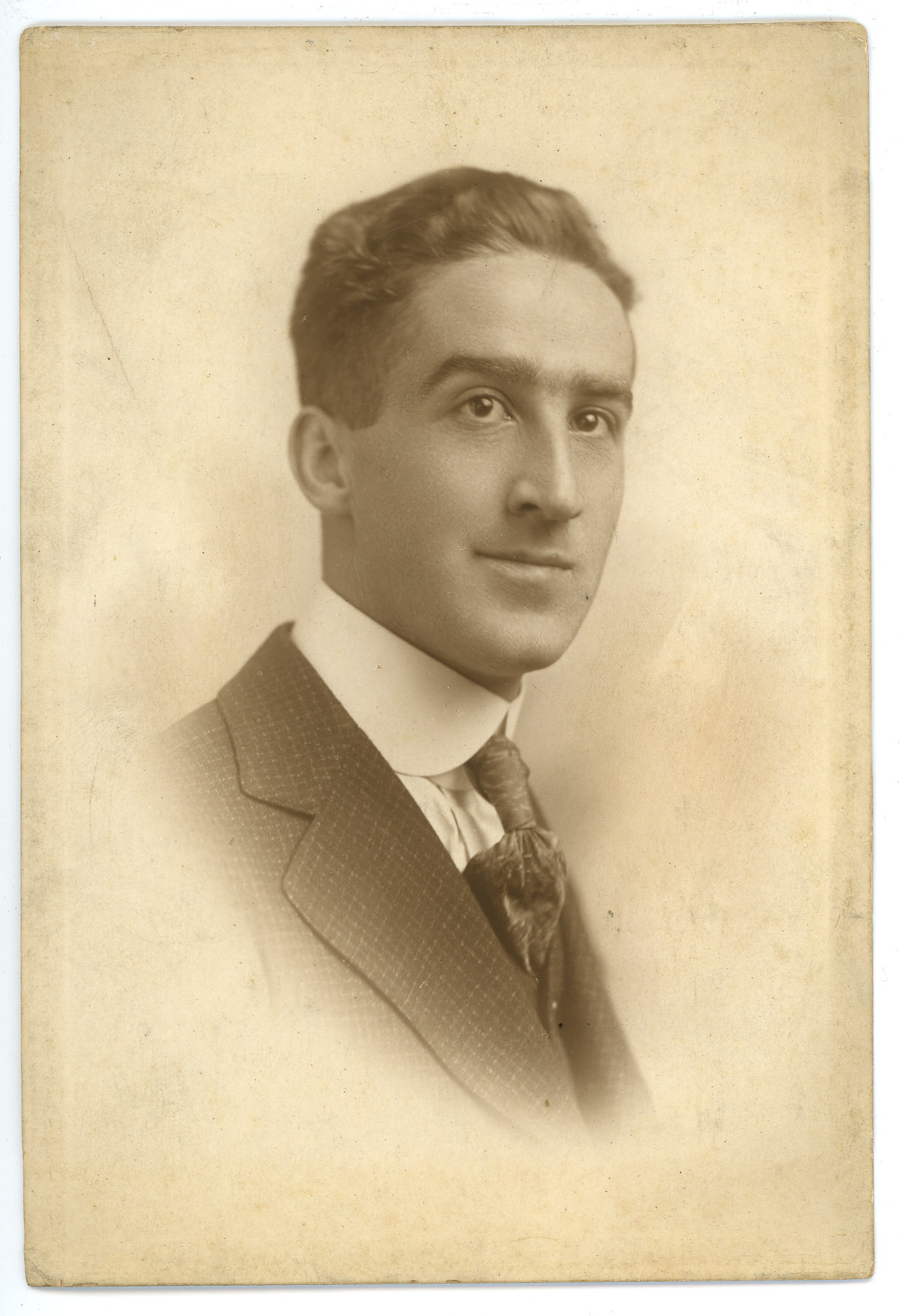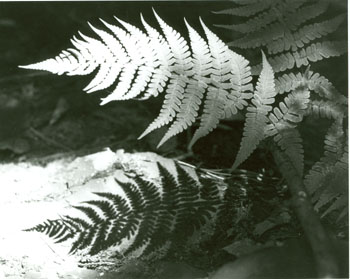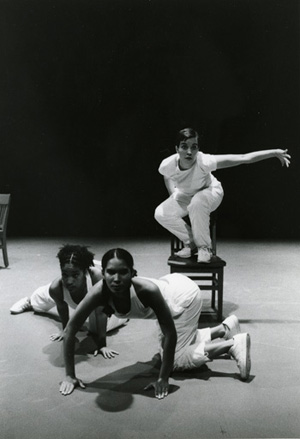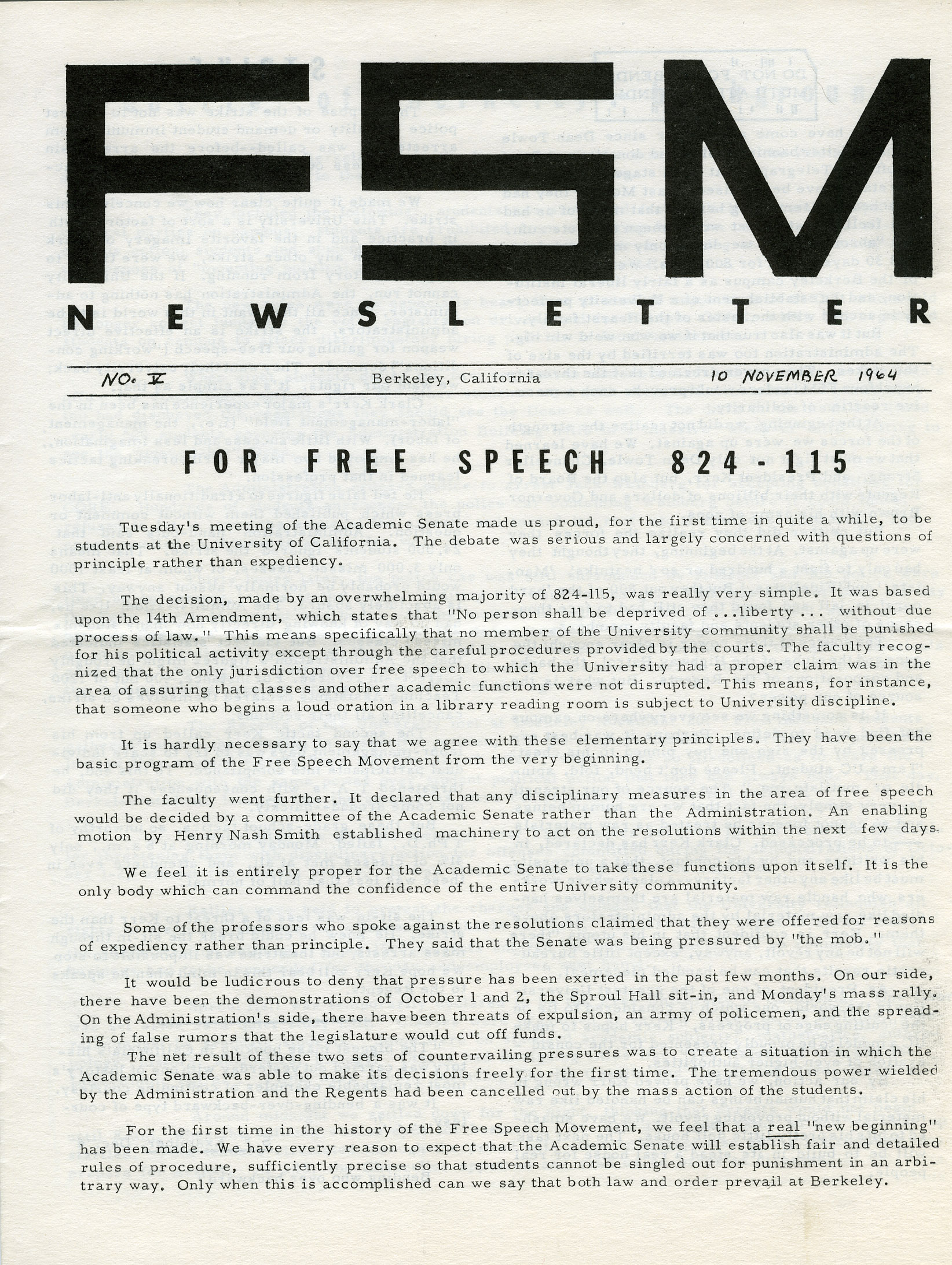Michael Haley Papers
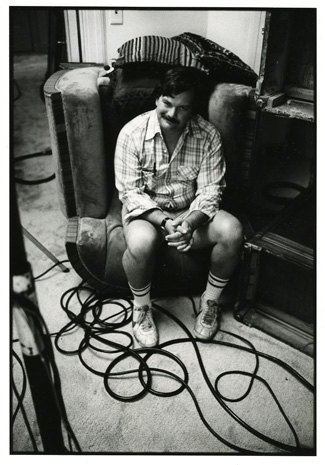
Temporarily stored offsite; contact SCUA to request materials from this collection.
An actor and motion picture assistant director and producer, Michael Haley was born in Pittsfield, Mass., in 1942. While an undergraduate student at UMass Amherst, Haley became involved in theater, joining the avant garde Buffalo Meat Company that performed original works in Massachusetts and New York City. Following a chance call from a producer looking for local help in 1969, Haley worked on his first film, the low-budget crime drama Honeymoon Killers. After work on several other film and television productions, Haley was among ten people selected for the Directors Guild of America’s Assistant Directors Training Program. During his forty year career, Haley’s credits have included work with a number of noted directors, including Sidney Lumet, Barry Levinson, and Penny Marshall, and he has enjoyed a particularly long and productive association with Mike Nichols. His films have included The Taking of Pelham One Two Three, The Stepford Wives, Biloxi Blues, True Colors, A League of Their Own, Groundhog Day, Primary Colors, and Closer. He was the recipient of two Humanitas Prizes (for Wit and Angels in America), and among others awards, the Christopher Award (for Wit), the Directors Guild of America award, Producers Guild of America award, and an Emmy (for Angels in America), a Directors Guild of America plaque (Working Girl), and the Berkshire International Film Festival Life-Time Achievement Award. He was named Artist of the Year at UMass and has been selected for a Bateman Fellowship.
Reflecting a diverse career in film, the Haley collection consists of scripts, photographs, memorabilia, and diaries, with a small quantity of notes and correspondence. The scripts, approximately 110 of them, are from films ranging from The Godfather Part II to Charlie Wilson’s War and Angels in America, may include several drafts. The photographs are both numerous and particularly rich, including some particularly interesting candid shots taken on film sets, as well as official shots taken by photographers such as Mary Ellen Mark.

